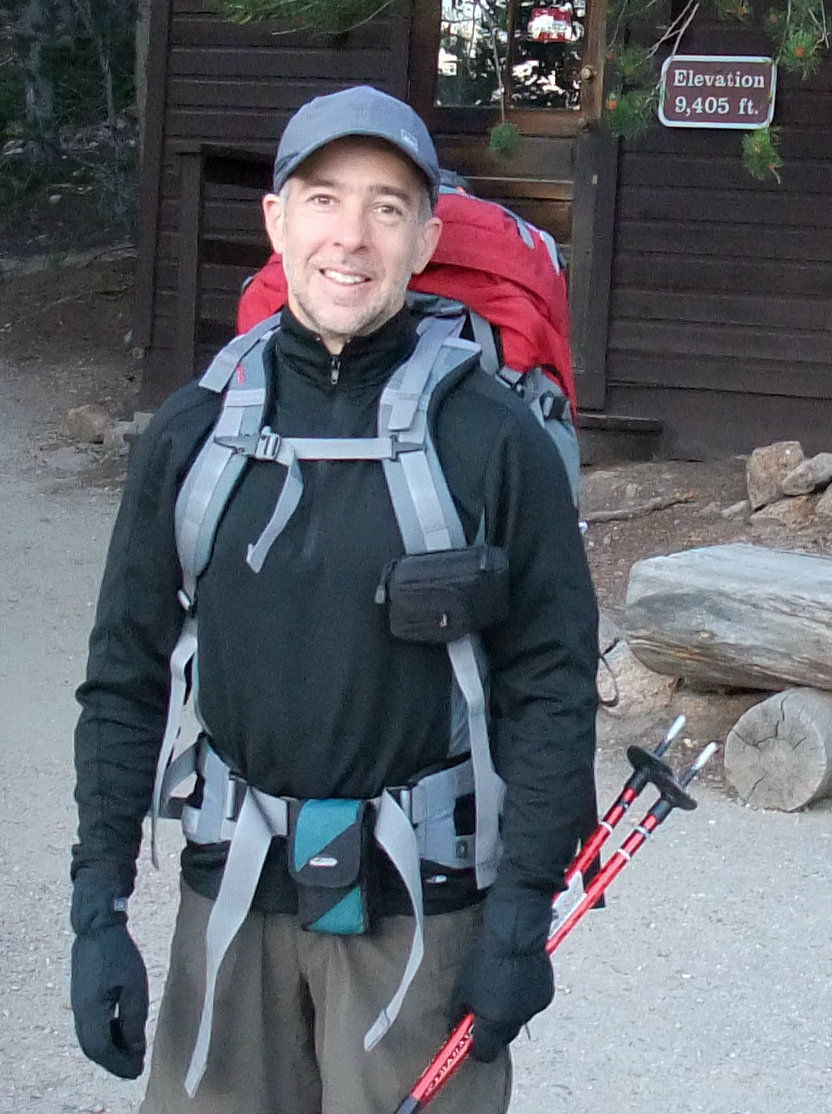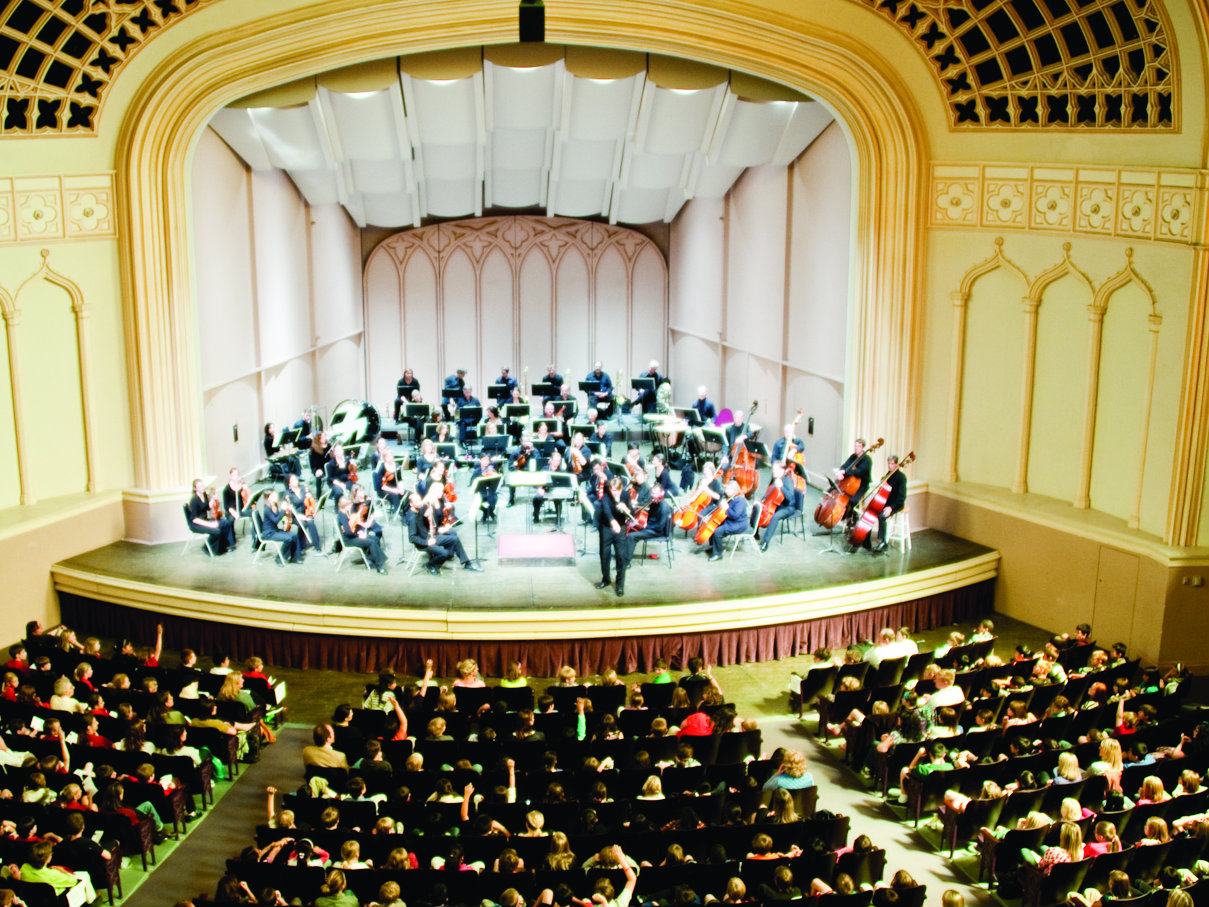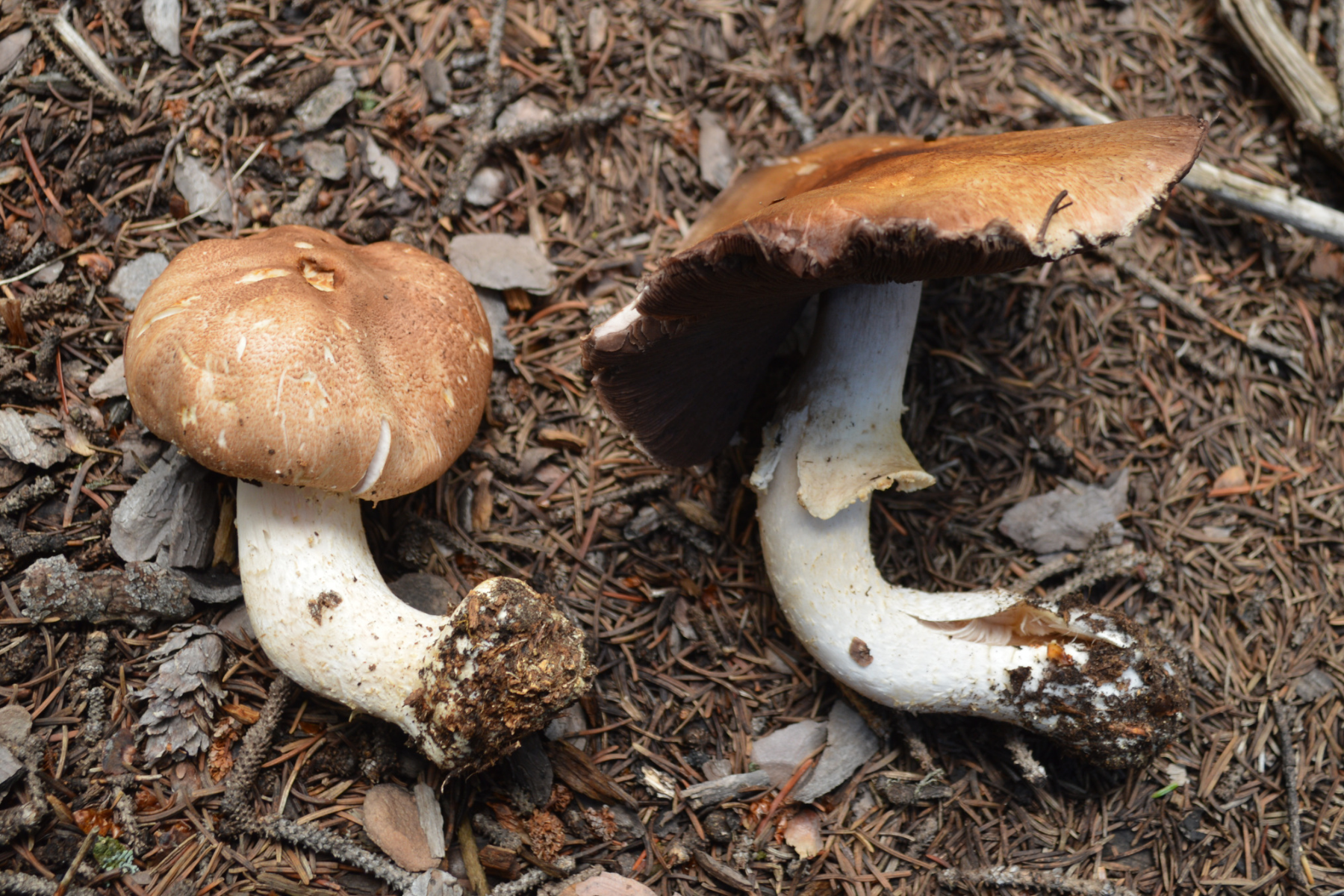

Composer Stephen Lias keeps a kayak inside his Texas home. But there’s no piano.
That might seem odd given Lias' day job. While he owns a closet full of tents, sleeping bags and other outdoor gear, you’d be hard-pressed to find a musical instrument lying around.
“When I go home, I tend to not do a great deal of musical activity there,” he says.
In fact Lias says he does more composing while traveling – on airplanes, in hotels and even on the sides of mountains.
The Boulder Philharmonic announced this week that it will premiere a new work by Lias in 2017 with the help of a $15,000 grant from the National Endowment for the Arts. The inspiration for the piece was Rocky Mountain National Park.

Lias first visited the park nearly three decades ago. Now it’s a regular destination spot for the musician and backpacker.
“It’s one of the (parks) that I visit the most often and feel the deepest connection to,” he says.
Lias has spent a lot of time in national parks. The composer and Stephen F. Austin State University professor has even served as an artist-in-residence at a few, like Denali in Alaska and Glacier in Montana.
“The natural world and going on an adventure inspire me,” Lias says.
“The Timberline Sonata” marked Lias’ first piece inspired by Rocky Mountain National Park, the result of a 2010 residency during which he summited Longs Peak for the first time. The chamber work premiered at the Estes Park Music Festival.
Lias says he hopes to return to the park at least once for more inspiration. But the musician will also draw from his own photographs that he plans to project on a screen during performances too.
“[The music] will try to capture some of the grandeur of the scenery,” Lias says. “That’s what draws a lot of people there. But then once you get to Rocky Mountain National Park, you discover a thousand smaller, more precious items of inspiration: the wildlife, rare flowers, the alpine tundra, those amazing trees.”
Natural places have sparked the creation of other well-known classical works. That includes Ludwig van Beethoven’s “Symphony No. 6” (aka the “Pastoral Symphony”), Richard Strauss’ “An Alpine Symphony” and Ferde Grofe’s “Grand Canyon Suite.”
Lias says that John Luther Adams’ composition “Become Ocean” – which won a 2014 Pulitzer Prize and a 2015 Grammy Award – helped shine a light on contemporary scores about landscapes and the environment.
The Boulder Phil commissioned a 20-minute piece by Lias as part of the NEA’s “Imagine Your Parks” initiative with the National Parks Service. In honor of the latter’s 100th anniversary next year, the NEA this week awarded 33 grants totaling $797,500. Fort Lewis College in Durango also received a $25,000 grant to support its “Living Legacy: Mesa Verde In Motion” project.

In 2014, the Boulder Phil got first crack at Lias’ “Gates of the Arctic” about the titular national park in Alaska. The orchestra will premiere its “Imagine Your Parks” commission at the Macky Auditorium in Boulder before taking the piece to the Kennedy Center in Washington in March 2017. There the Boulder Phil will perform during the SHIFT Festival of American Orchestras.
The Boulder Phil’s program at the inaugural festival will focus in part on nature, music director Michael Butterman told CPR Classical this week.
“We need to be an orchestra that everyone, no matter his or her background or level of acquaintance with classical music, can call their own,” Butterman says. “We are doing what we can to find ways to give everyone an entry point into this great world of orchestral music.”








